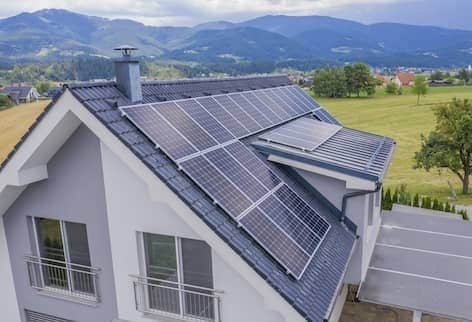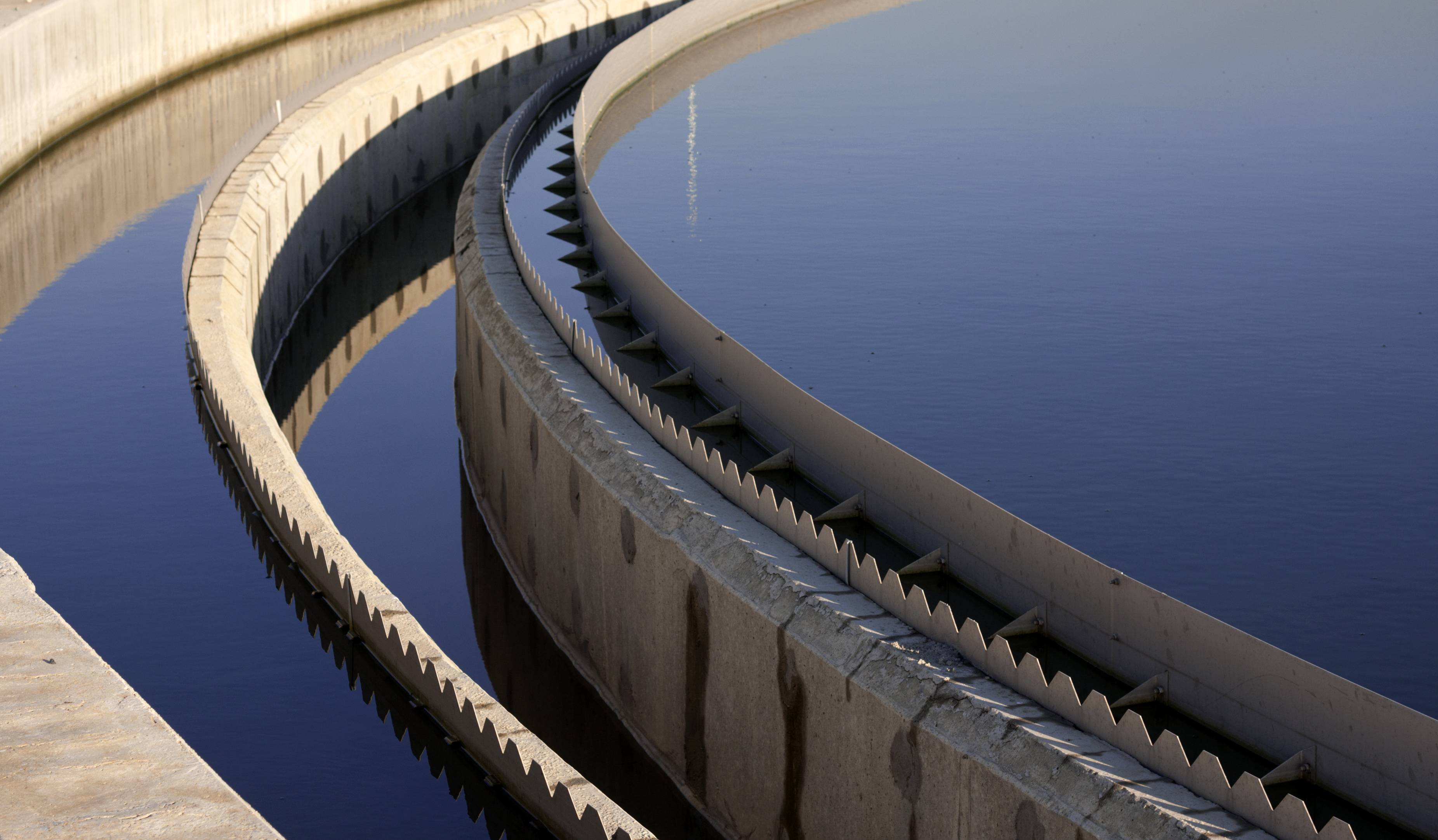
Going solar in Colorado is an excellent way to save money, reduce your carbon footprint and make a difference. But it's important to be aware of the various options. Learn about community solar programs, Sales tax exemptions, and how much solar panels cost in Denver. You'll be surprised at how affordable going solar in Colorado can be.
Community solar programs
Colorado is home to some of the most prominent places in the United States that offer equity-oriented solar community. Xcel Energy (the state's biggest utility) has also agreed to participate with the state in community solar projects. These community-based solar projects are intended to lower electricity costs for residents and businesses.
The Colorado Energy Office initiated a demonstration project in 2015 that showed the feasibility of solar community models for low-income homeowners. The demonstration project is meant to help Colorado households decrease their energy consumption and to complement the state's weatherization programme. The CEO awarded a $1.2 million grant to GRID Alternatives, which worked with rural utilities to develop a portfolio of eight community solar projects that served 380 low-income households. As the demonstration project proved successful, the CEO partnered with the utilities and leveraged their investment.

Sales tax exemption
Solar power is an excellent way to save money on your home and generate electricity. Colorado solar panels are exempted from tax. You won't pay sales tax on your solar panels or any increase in their value due to the state's Sales & Use Tax Exemption for Renewable Energy Equipment. Talk to a solar professional near you to learn more about this exemption.
Also, you'll save money on installation. Colorado doesn't have a sales tax for solar panels like other states. Because of this, installation costs are reduced and you can use the solar tax credit to offset costs. Due to the solar tax credit, property taxes won't be due if solar panels aren’t producing any electricity. You'll also receive all sorts of incentives from local governments, such as net metering and power purchasing agreements.
Colorado costs to install solar panels
Colorado is the most popular state in America for solar panel installations. The size and quality of your solar panel system will determine the cost. If you are looking to save money, it's better to invest in high-quality, name-brand solar panels instead of cheap imports.
Colorado solar energy is considerably cheaper than Colorado utility power. A standard solar power system runs at 18 cents/kWh. This price does not include installation and maintenance costs. You will save money over the long-term by making this investment. Colorado also offers tax credits and rebates. The federal government has announced a 26% tax credit on solar power systems by 2020. Also, public utilities often offer incentives for solar systems that feed energy back into the grid. These incentives can also be searched in the Database of State Incentives for Renewables & Efficiency.

Denver solar cost
If you are considering installing solar panels on your home in Denver, Colorado, it's important to find a reputable company. A skilled solar contractor will be well-versed in the regulations of your area, including building codes. They should also have knowledge of local permits. Choose a top-rated Solar company to avoid delays and complete your project on time.
The federal tax credit covers 30% of the total cost to install solar panels in Colorado. To encourage solar panel installations, utilities often offer rebates and other financial incentives. Colorado companies offer incentives based largely on the number of kWh your solar panels produce. The net metering policy can also provide a nice incentive for homeowners.